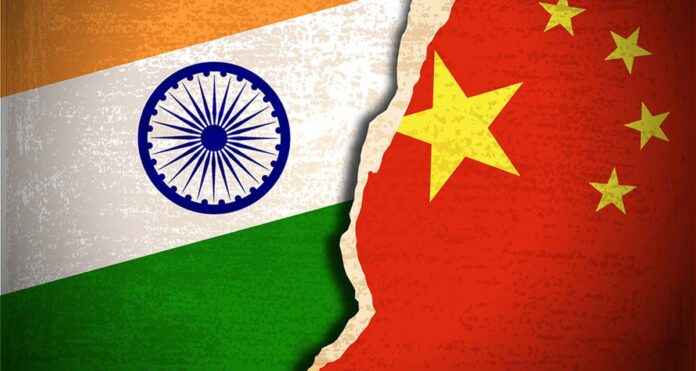New Delhi [India], March 13: Continued unilateral attempts by China to change the Line of Actual Control (LAC) status quo have impacted India-China bilateral relationship, the Ministry of External Affairs (MEA) said in its Annual Report 2021-22 released on Monday.
According to the MEA report, China has since April-May 2020, undertaken several attempts to unilaterally alter the status quo along the LAC in Western Sector, which seriously disturbed the peace and tranquillity along the LAC.
These attempts by China were invariably met with an appropriate response from Indian Armed Forces, the MEA said.
According to the MEA report prepared by the Policy Planning Division of the ministry, India’s engagement with China is complex. The two sides have, however, agreed to manage their differences and not allow differences on any issue to become disputes.
Further, the two sides agreed that pending the final settlement of the boundary question, maintaining peace and tranquillity in the border areas is an essential basis for the overall development of the bilateral relationship.
Both sides have agreed to resolve the issues along the LAC in Eastern Ladakh through peaceful dialogue. Consequently, discussions have continued with the Chinese side to achieve complete disengagement from all friction points and full restoration of peace and tranquillity in the India-China Border Areas at an early date.
According to the MEA, India has maintained its engagement with China both through diplomatic and military channels to resolve the remaining issues at the earliest so as to restore peace and tranquillity in the border areas.
External Affairs Minister S Jaishankar on September 16, 2021, met Chinese Foreign Minister Wang Yi in Dushanbe, Tajikistan on the sidelines of the 21st SCO Meeting of the Head of States. The two Ministers exchanged views on the border situation along the LAC in Eastern Ladakh, the MEA said.
The two had also met earlier in Dushanbe, Tajikistan on the sidelines of the SCO Foreign Ministers’ meeting in July 2021. Military and diplomatic officials of the two sides are meeting regularly to continue their discussions on resolving the remaining issues at the earliest. Both sides agreed that a prolongation of the existing situation was not in the interest of either side as it was impacting the relationship in a negative manner.
Meanwhile, US Intelligence Community’s recent Annual Threat Assessment report said that expanded military postures by both India and China along the disputed border elevate the risk of armed confrontation between the two nuclear powers.
This might involve direct threats to US persons and interests, and calls for US intervention, according to the US Intelligence Report.
The report said that India-China relations will remain strained in wake of the countries’ lethal clash in 2020, the most serious in decades.
This comes despite the two countries engaging in bilateral border talks and resolving border points.









































